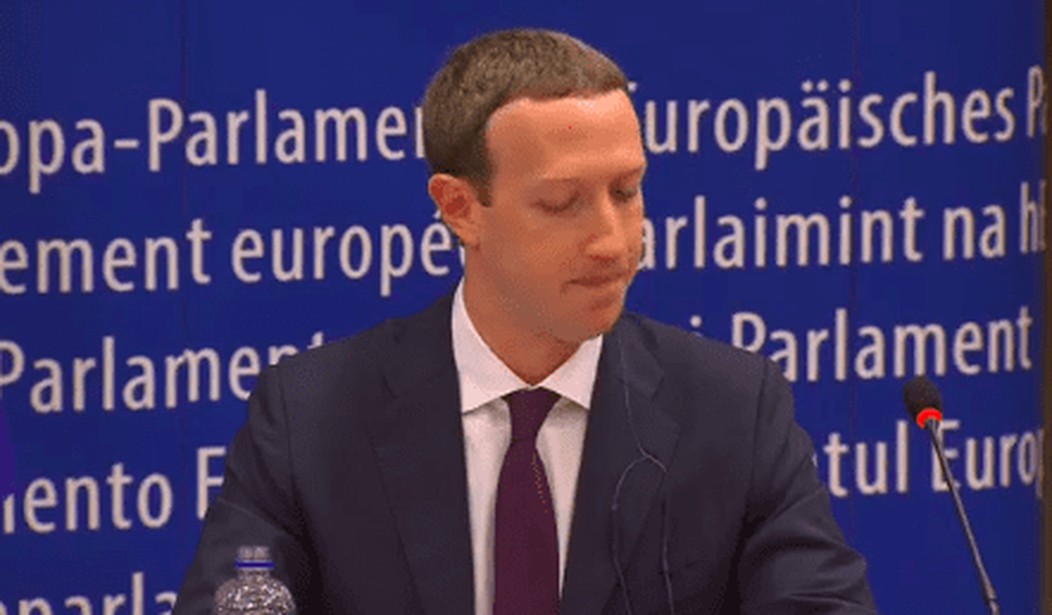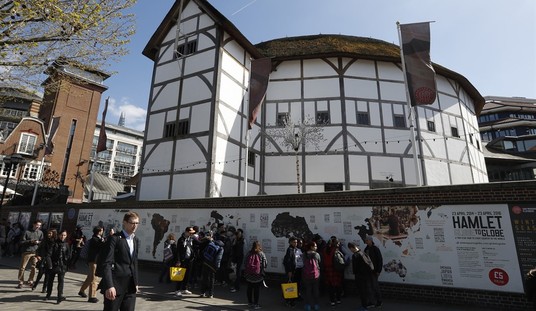Facebook CEO Mark Zuckerberg is facing an inquisition at the European Parliament today, answering questions about past data breaches and ongoing efforts to combat fake news and data mining via apps.
In his opening statement, Zuckerberg admitted, “We haven’t done enough to prevent [Facebook’s] tools from being used for harm.” He added, “We didn’t take a broad enough view of our responsibility and that was a mistake and I’m sorry for that.” Facebook has made a “significant investment” to keep people safe, he said, even though the measures have “significantly impacted our profitability.” But, he insisted, “keeping people safe will always be more important than maximizing our profits.”
He announced new controls that users will likely see in the future, including “Clear History,” which will be similar to the ability internet users have to clear their cookies on browsers.
“When you clear your cookies in your web browser it may make your experience worse,” Zuckerberg warned. “Clearing your history on Facebook may make your experience worse too.”
Following Zuckerberg’s opening statement he faced a barrage of questions from European leaders related to past data breaches and privacy, but also about whether Facebook’s “empire” should be considered a monopoly that should be regulated or even broken up.
“Can you convince me not to?” one member asked.
“I really think we have a big problem here. You have to ask yourself, how will you be remembered… as one of the three big internet giants, with Jobs and Gates, or as an internet monster” who is destroying our society, Belgian EU Parliament member Guy Verhofstadt asked.
Verhofstadt blasted Zuckerberg for his ongoing apology tour. “I think this is your 14th, 15th apology… this year you’ve apologized three times already,” he said. “Are you capable to fix it? There has to be clearly a problem. The only way I can see to fix it is to have public regulation. It’s a bit like the banks in ’07, ’08. They said ‘oh, we’ll regulate ourselves,’ but they didn’t.”
Zuckerberg responded after the questioning, addressing the issue of political bias.
“We are committed to being a platform for all ideas,” he declared. “It’s very important to me that we’re a service that allows a wide variety of political discourse.”
“We have never and will not make decisions about what content is allowed or how we do ranking on the basis of a political orientation,” Zuckerberg said.
“We’ve made a number of changes this year to make sure we’re showing people’s friends and family and community content,” he said, citing the “well-being” research the company has done to make sure that the technology is helping people. All the research, he said, shows that connecting with people you care about is “good for your well-being.” He explained that news “isn’t correlated with those same benefits.”
He reiterated that Facebook is “not targeting any specific political ideology.”
Citing time constraints, Zuckerberg wrapped up his comment quickly, causing some EU Parliament members to lash out at the dearth of answers from Zuckerberg about some important questions. He promised to address some of the concerns in writing and committed so “sending someone” from Facebook to meet with parliament again in the future.
This article will be updated as the hearing progresses.
Follow me on Twitter @pbolyard










Join the conversation as a VIP Member